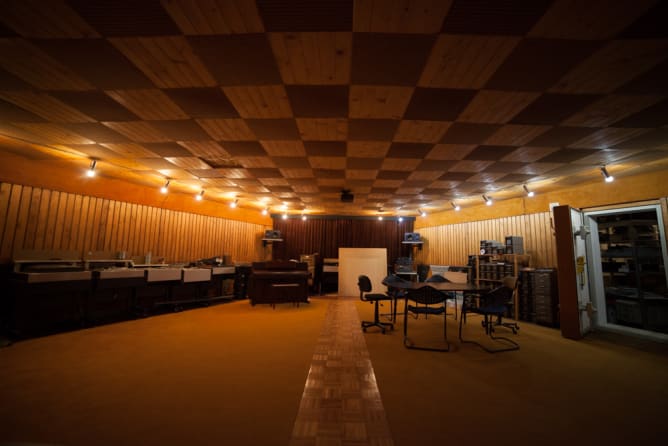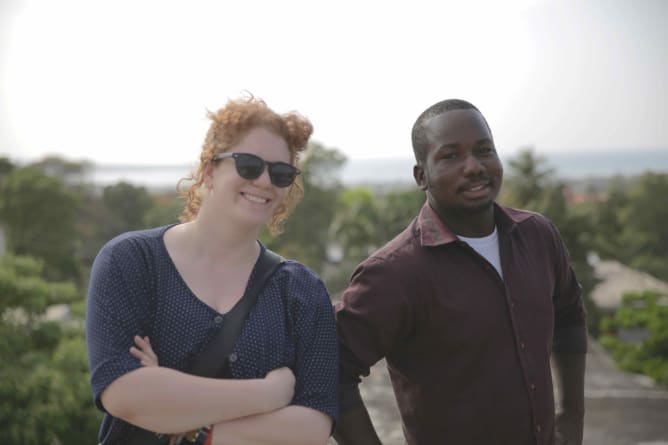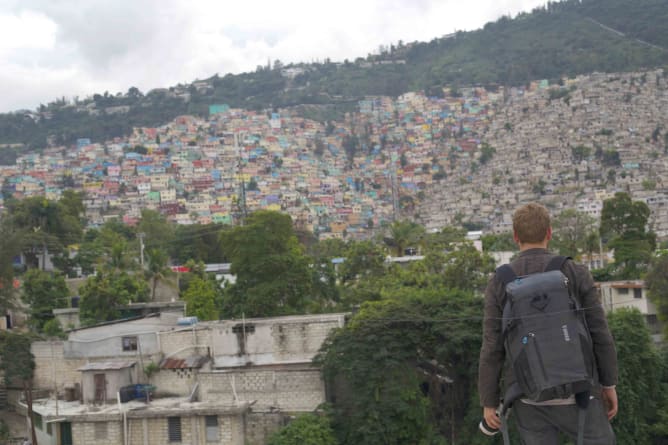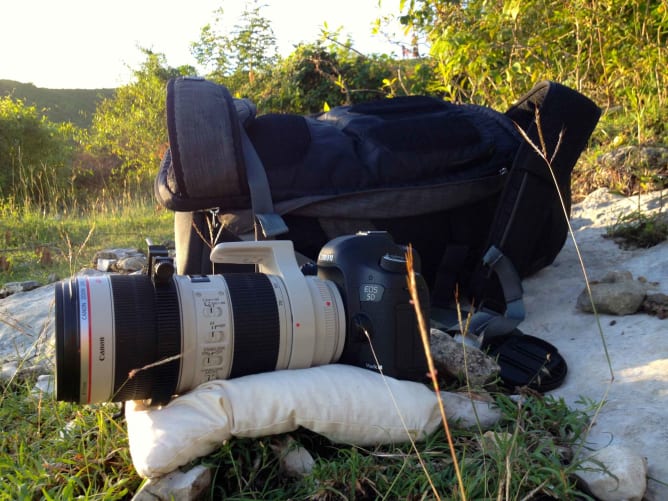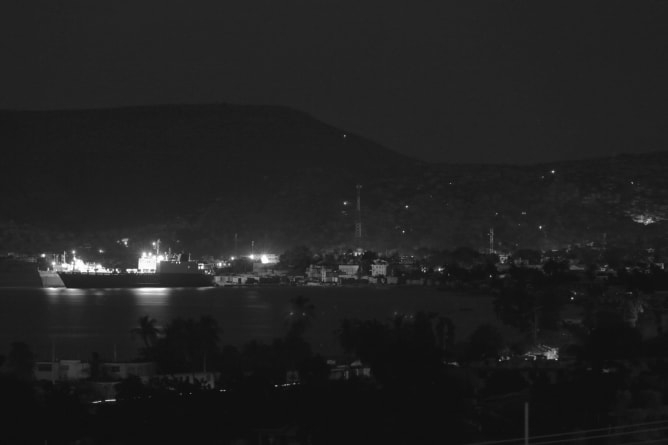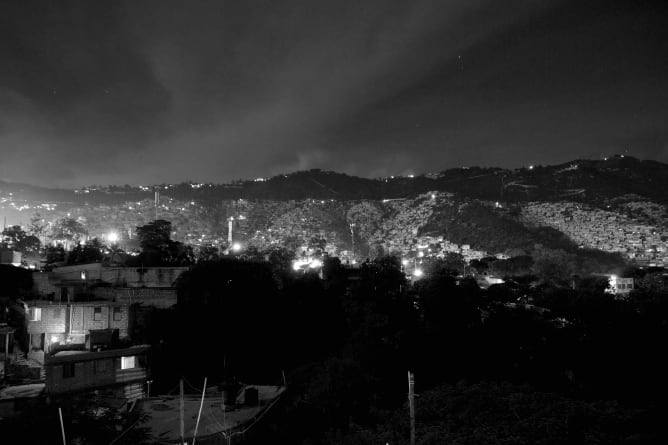«Les Nouveaux Gouverneurs de la Rosée» : qu’est ce que c’est ?
Il y a deux ans, nous nous sommes lancés dans la production d’un film documentaire sur le retour de la diaspora haïtienne, après le tremblement de terre de 2010, qui a ravagé Port-au-Prince.
L’approche sociologique et le caractère non-orienté des questions, laissent la parole aux protagonistes et à leur histoire de vie, le tout sobrement intégré dans une réalisation singulière, donnant à ce film un ton unique, loin du formatage télévisuel habituel.
Pourquoi nous avons besoin de vous :
Jusqu’à lors, le projet avait pu être auto-produit, mais les dernières étapes de postproduction: le mixage sonore et étalonnage de couleurs demandent des compétence et des outils bien spécifiques. C’est pour ça qu’aujourd’hui, nous avons besoin de vous! En nous aidant, vous contribuer à la concrétisation d’un projet utile et à l’encouragement de documentaires originaux et indépendants! D’avance, merci beaucoup pour votre aide et on se revoit à la projection!
Pourquoi continuer à soutenir notre projet :
Notre objectif de 5000 francs est atteint! Waouh! Avant tout, merci à tous ceux et celles qui soutiennent, partagent et aiment notre projet ! En 15 jours, la campagne a dépassé toutes nos espérances! Objectif atteint! Le film pourra donc être terminé, mais nous pouvons aller encore plus loin ! Jusqu’au 3 janvier, le crowdfunding est encore ouvert et vous pouvez toujours continuer à soutenir notre projet ! Ainsi, d’autres étapes de notre documentaire pourrons être réalisées :
- L’infographie : nous pourrons effectuer un travail d’infographie poussé (cartes, graphiques, chiffres) pour une meilleure illustration du documentaire
- Les sous-titres : si nous voulons pouvoir exporter notre film dans des festivals internationaux (donc en anglais), les critères pour le sous-titrage sont très stricts : nombre de caractères, rythme, espacement, etc…Bref, passer par des spécialistes est presque indispensable
Encore mille mercis pour votre aide ! P.S. Il reste beaucoup de bouteilles de rhum!
Un projet de longue haleine
- 3 voyages
- 40 jours de tournage
- 80h d’images
- 25 entretiens
- 18 mois de montage
- …. et ce n’est pas terminé !
Le synopsis du film
« Après le tremblement de terre du 12 janvier 2010 qui a ravagé la capitale haïtienne, Port-au-Prince, ainsi que ses environs, plusieurs haïtiens vivant à l’étranger ont décidé de retourner vivre dans leur pays d’origine pour participer à la reconstruction du pays. Quels sont les enjeux de tels retours ? A mi-chemin entre questionnements identitaires et idéologies de développement, ce documentaire interroge, à travers diverses histoires de vie, l’expérience et la perception du retour de migrants haïtiens ainsi que leur place dans le processus de développement et de reconstruction du pays »
Pourquoi le titre « Les Nouveaux Gouverneurs de la Rosée » ?
Œuvre posthume, « Les Gouverneurs de la Rosée » de l’écrivain haïtien Jacques Roumain, est un classique de la littérature haïtienne. Ce roman raconte l’histoire de Manuel, rentré dans son pays après plus de 15 ans, où il a appris des techniques d’agriculture modernes. Revenant sur une terre dévastée par la sécheresse et les conflits, il va faire l’impossible pour réconcilier les habitants et ramener l’eau, la source de la vie.
Cette figure du migrant qui, après un certain temps passé à l’étranger, retourne pour s’investir dans le développement de son pays, nous la retrouvons dans les histoires de nos protagonistes, dans leur retour, dans leur appartenance à cette terre, à cette île.
